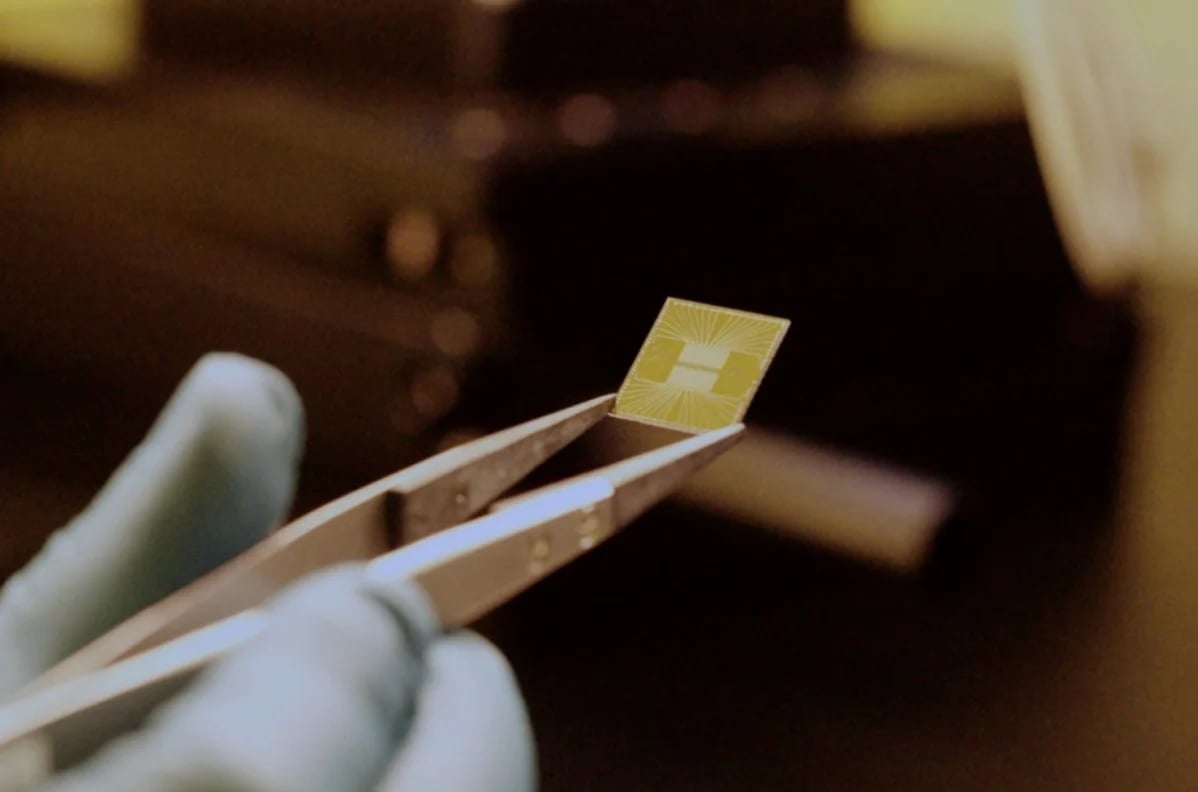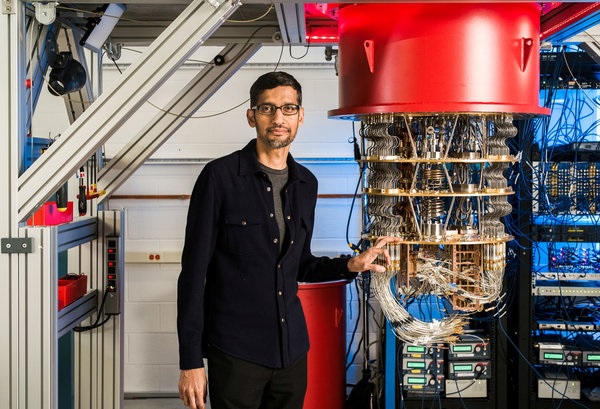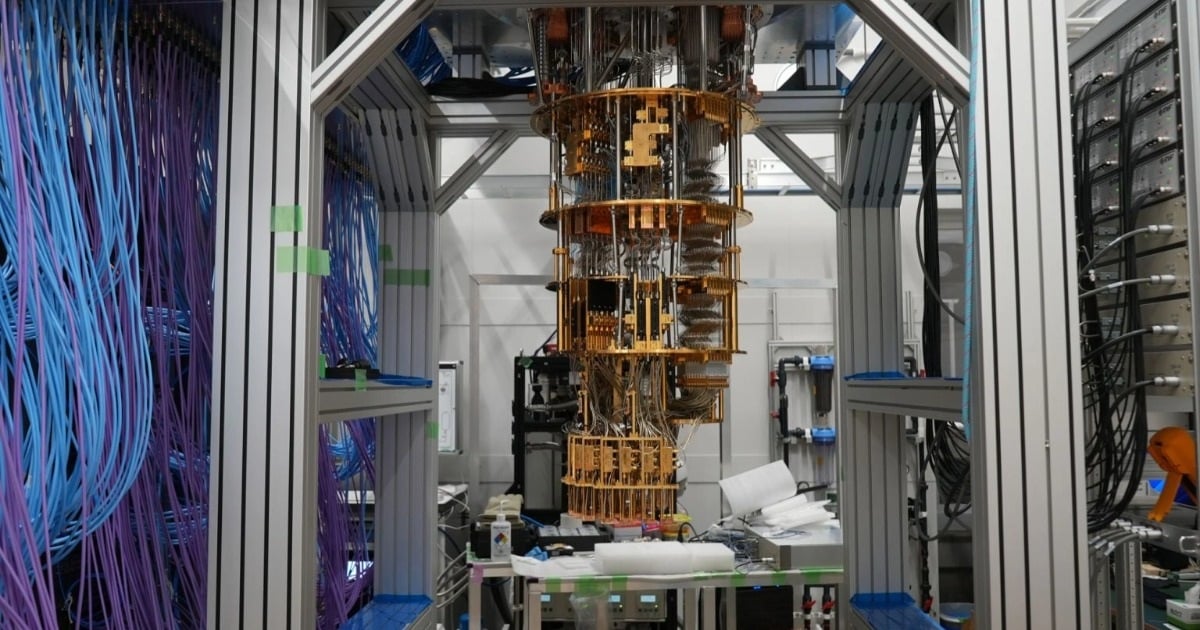The number of remote accesses to the computer, named Origin Wukong, had exceeded 350,000 as of 10 a.m. Monday, according to the China Science and Technology Daily.

Quantum computers offer faster, more efficient ways to calculate than traditional computers. Photo: Shutterstock
Users from Bulgaria, Singapore, Japan, Russia, and Canada are among those who have logged in, but the United States leads the list, although no specific numbers are provided. The machine has completed 33,871 quantum computing tasks for global users since it went live on January 6, the article added.
China's quantum breakthrough
Named after the magical character in Chinese legend, Origin Wukong is China's first domestically developed third-generation superconducting quantum computer.
According to the China Science and Technology Daily, this is China's latest and most advanced programmable and distributed machine. Origin Quantum, the company behind this achievement, was founded in 2017 by leading quantum physicists at the University of Science and Technology of China in Anhui province.
“American quantum computing is not open to China. However, we are willing to open our services to users around the world , including the US, to jointly advance the concept of quantum computing for the benefit of humanity,” said Guo Guoping, co-founder of Origin Quantum.
Quantum computing is considered a groundbreaking technology. It uses elementary particles called qubits, short for quantum bits, as the basic unit of information – the equivalent of the digital bits used in traditional computing.

Image of a superconducting quantum chip. Photo: SpinQ
China and the US are among world powers racing to become number one in a disruptive technology that has the potential to transform many sectors, including healthcare, finance and data security.
Origin delivered the first superconducting quantum computer to the domestic market in 2020. China's first practical quantum computer also came from Origin — the second-generation 24-qubit Wuyuan machine delivered to an undisclosed user in 2021.
The achievement makes China the third country - after Canada and the United States - to have the ability to provide a complete quantum computing system. The Wukong computer is equipped with a 72-qubit superconducting quantum chip, also known as the Wukong chip.
Still a gap with the West
Despite these advances, the gap between China and its Western rivals remains large. In November 2022, IBM of the US launched the 433-qubit “Osprey” processor, the world’s fastest quantum computer at the time.
Last October, California startup Atom Computing beat Osprey to the punch when it unveiled the first quantum computer with more than 1,000 qubits. Two months later, IBM unveiled Condor with 1,121 superconducting qubits.
While more qubits do not necessarily mean better performance, a larger number of qubits is believed to help computers operate more stably and make fewer errors.

Google CEO next to a quantum computer. Photo: NYT
Chinese scientists acknowledge the gap with the West. In late 2022, Zhang Hui, CEO of Origin Quantum, said China was leading global quantum science research but was “relatively behind” in quantum computing.
He added that there is a huge gap between China and the US in the industrial applications of quantum computing. “Leading companies like IBM and Google started exploring industrial applications as early as the 1990s. But it is only since the establishment of Origin Quantum in 2017 that we have started to apply it to industrial applications,” Zhang said.
But whether they have 72 qubits or more than 1,000, quantum computers won’t replace conventional computers anytime soon. At this stage, they can only perform very specific tasks for short periods of time in protected environments.
Numerous technical challenges, such as error correction, have led some scientists to predict that a practical quantum computer is still years, if not decades, away from becoming a mainstream product.
Hoang Hai (according to SCMP)
Source




![[Photo] General Secretary To Lam attends the 80th Anniversary of the Cultural Sector's Traditional Day](https://vstatic.vietnam.vn/vietnam/resource/IMAGE/2025/8/23/7a88e6b58502490aa153adf8f0eec2b2)
![[Photo] Prime Minister Pham Minh Chinh chairs the meeting of the Government Party Committee Standing Committee](https://vstatic.vietnam.vn/vietnam/resource/IMAGE/2025/8/23/8e94aa3d26424d1ab1528c3e4bbacc45)
































































































Comment (0)